The Netherlands is polders, meadows, a long stretch of North Sea coast, lakes, canals, and tech innovation. Flower markets can be found in almost every town, and in spring you find colourful large tulip fields behind the Netherland’s North Sea dunes. Famous paintings by artists like Pieter Bruegel, Vincent Van Gogh, Hieronymus Bosch, Johannes Vermeer, and Rembrandt van Rijn transport you directly to the Netherlands.
Here come ten places in the Netherlands that are
just magnificent to visit, they are simply beyond beautiful. Of course, it all
starts with the all-time favourite one.
1. Amsterdam - the capital of the Netherlands
Amsterdam the capital of the Netherlands is one of these towns you fall in love with at first sight. Amsterdam is cute and quaint and vibrant and alive all at once. Visit the Amsterdam borough of Jordaan, stroll along the canals, sit down at a café, and watch the world go by. Visit the Anne Frank House. The museum tells you all about the horrors of WW2 and why and how Anne Frank and her family had to hide in the 17th-century canal house. Visit the idyllic and quiet courtyard Begijnhof. This place is like a massive flatshare of unmarried religious women in medieval houses. Spend a day at the impressive Rijksmuseum to look at Woman Reading a Letter by Jan Vermeer and more stunning Dutch art. Do not leave before you eat a Stroopwafel, you are going to love the thin crust waffle filled with caramel.
1016 GV Amsterdam, Netherlands.
2. Maastricht - home of the Maastricht Treaty
Walk too fast and you end up in either Belgium or Germany. Maastricht is a town only a few kilometres from these two borders. Maastricht plays a vital role in the European Union. The motto of the European Union is 'United in Diversit'. The EU is all about the free movement of goods, services, capital and labour. The Maastricht Treaty, also known as the Treaty on European Union, states that any European country that respects the principles of the EU may apply to join. Visit churches, bookshops, striking merchant houses and large squares on the river Maas. On Thursday afternoons the Stationsstraat turns into an organic market. Sustainable, local and handcrafted products make good souvenirs. The food offer equips you with the needed power to sightsee a bit longer.
6211 LD Maastricht, Netherlands.
3. Rotterdam - it is all about architecture
The city centre was destroyed by Germans in World War 2 and the Rotterdammers had to rebuild from scratch. Rotterdam is the second biggest town in the Netherlands and offers modern architecture, a vibrant centre and lots of street art. Read more about it here: Travel The Netherlands - Rotterdam: Art, architecture, fashion and cheese.
3011 GM Rotterdam, Netherlands.
4. Delft - Jan Vermeer and Delft Blue
Delft's most famous child is Jan Vermeer, the painter of for example The Milkmaid and Woman Reading a Letter. Delft's most famous product is Delft Blue, the beautiful blue and white earthenware. Queen Máxima and King Willem-Alexander are popular in the Netherlands. What is the connection between the Royal family and Delft? Find a seat in a cafe at a canal or on the market square or climb up the tower of the New Church and plan where you can hear all about Delft's history.
2611 GW Delft, Netherlands.
5. Haarlem - Amsterdam's little sister
From Haarlem, a town on the river Spaarne, it is only a skip and a jump to the North Sea. The big sister Amsterdam is only 17 kilometres away. Go to Haarlem and enjoy yourself at the town's many cafés, delis, and restaurants. Stroll through courtyards. Take photos of historical buildings. Marvel at the grandness of the central square. If you visit on a Saturday, make your way to Grote Markt to spend time at the farmer's market.
Haarlem and Manhattan? Did you know that when the Dutch arrived in New York in the US they called the colony New Amsterdam? They named Harlem in Manhattan after Haarlem in the Netherlands.
Grote Markt, 2011 RD Haarlem, Netherlands.
6. Alkmaar - home of the most famous cheese market
You find Alkmaar 81 kilometres from Rotterdam, 70 kilometres from the Hague, and about 40 kilometres from the capital Amsterdam. Alkmaar boasts not only a historic centre with idyllic canals, remarkably restored period properties, cute cafés, and several museums, it is also home to a 400-year-old cheese market. From the centre, it is only a few moments till you reach the North Sea and the beach. And yes, the town has got its very own windmill.
1811 JM Alkmaar, Netherlands.
7. Egmond aan Zee with its 170 years old lighthouse
Everybody loves the sea. Make your way to this resort on the North Sea only a few kilometres from Alkmaar to put your toes in the sand of the kilometre-long beach. Inhale the salty air. It gets busy in late spring and summer - obviously who doesn’t like a day on the beach? Autumn and winter are ideal times to visit for fresh air, strong winds and lots of space. Take photos of the beautiful (and very photogenic) white lighthouse and look for fishermen's houses in town. The over 170 years old J.C.J. van Speijk Lighthouse has its name from the Dutch naval hero Jan Van Speyk. The Dutch commander Jan van Speijk acquired hero status in 1831 by blowing up his ship rather than leaving it to the Belgium enemy. See that is what happens when countries don’t feel united in diversity.
2225 HD Egmond aan Zee, Netherlands.
8. Hoorn in North Holland
Hoorn is a gorgeous town in the province of North Holland. The 17th-century was the Dutch Golden Age. Dutch art, trade and science bloomed and were highly regarded and praised all over the world.
During that time, Hoorn on Lake Ijssel has been the centre of the Dutch East India Company. Named after Hoorn is Cape Horn, the southernmost point of the Tierra del Fuego Archipelago in southern Chile. Why is that? Hoorn is the birthplace of Dutch navigator Willem Corneliszoon Schouten. He rounded the cape in 1616. You stroll along the harbour or sit in one of the cafés on the main square and you can absolutely picture the times adventurers set sail.
Join the group of bronze statues of three cabin boys standing by the quay looking into the distance over the IJssel Meer. In 1618, they sailed onboard a ship to the East Indies. Their story ended up being a popular children's book by John Fabricius. The writer based the story on the logbook of their captain.
Let's not glorify the Dutch Golden Age. History is complex, and we must look at the full picture. There was also slavery and not all Dutch people became rich only a few. The Dutch were colonial rulers in parts of America, Asia, and Africa. The success came from slave labour. They trafficked slaves to sell them in America and Europe. It is a brutal history. The Netherlands work on showcasing the reality of history as one can see when for example visiting museums.
1621 CV Hoorn, Netherlands.
9. Domburg and Veere in the westernmost province of the Netherlands
In Domburg, in the westernmost province of the Netherlands, people found Roman remains of thermal baths and a bathhouse. In 1834, a few locals went for a swim and that was it. The North Sea gets discovered as a curative power and way of healing. A constant and happy stream of tourists flocks here to enjoy the benefits of the seawater and salty air. The wide beach is endless and near Domburg, you find a forest that grows right into the dunes in the nature reserve de Manteling. Go on a Mondrian walking tour through Domburg. The artist Piet Mondrian spent several years in this place. Visit places from his paintings and learn about his life and what inspired his work.
Nearby Veere’s history goes back to the 13th century. It took 300 years for it to flourish as an important harbour for Scottish wool. Today it is a cute little place on Veerse Lake. Check out its 15th-century town hall, the old defence tower and the church.
4357 AV Domburg, Netherlands and 4351 AV Veere, Netherlands.
10. Zaanse Schans and Zaandam and the windmills
There are over 1,000 windmills in the Netherlands. The country is waterlogged and that is one of the most important reasons for their existence. Windmills can pump water away from the lowlands, back into canals and rivers and behind the dikes. The Dutch drain marshes to make land usable for farming and living. A large part of the country sits below sea level. They didn't believe in only building ever higher dams or stronger flood gates but in letting rivers and canals flow. Locals always had to live with water. They always came up with solutions for water management. Since windmills are so important to the Netherlands, it is only natural that there even is a national windmill day. Every second Saturday of May the windmills get celebrated. A visit to Zaanse Schans tells you all there is to know about windmills. Please keep in mind that this is a residential area with real people living here.
Schansend 7, 1509 AW Zaandam, Netherlands.
Holland - What is in a name?
People often call the Netherlands Holland. The official name of the country is the Kingdom of the Netherlands. The head of state is King Willem Alexander. Only the two provinces of Noord-Holland and Zuid-Holland make Holland. Then there are 12 further provinces. Together, these 14 provinces are the Netherlands.
William Shakespeare said in Romeo and Juliet “What's in a name? That which we call a rose/ By any other name would smell as sweet.” He might have a point in the case of that rose. Still the Netherlands decided for the name the Netherlands. Imagine everyone would call the United States Florida. Imagine everyone would call Italy Tuscany. Imagine everyone would call Spain Canary Islands. Imagine everyone would call Australia Victoria. You get the point.
Visa requirements for the Netherlands
You can apply for the Netherlands Schengen Visa, as a Member State of the EU the Netherlands is a member state of the Schengen Area. Visitors from the Schengen countries do not need a passport or visa, only a valid an ID-card or passport. Visit this website to see whether you need a Visa to visit the Netherlands.
How to get to the Netherlands
By plane: Most European airports offer direct flights to Amsterdam. Schiphol Airport is only about 18 kilometres from the centre of Amsterdam. You can reach Amsterdam by train from most towns in Europe, and travel on by train from there. Check the Amsterdam Centraal website and find offers for early bookings.
Best time to visit the Netherlands
You can visit the Netherlands all year round. Just bring the right clothes and you can enjoy yourself. Temperatures in the Netherlands vary according to the season. Winters are icy cold – the wind might make it feel even colder than it is. Spring can be a bit rainy and still cold-ish with temperatures around ten to 18 degrees Celsius. Summer is pleasant with temperatures around 23 degrees Celsius – it can get chilly at night, so it is always best to carry a jumper (just in case). There will be only a few days when it is around 30 degrees Celsius. Come autumn it gets fresh and fast with storms coming in. In all seasons, what you will experience is that there is almost ever a fresh breeze.
Netherlands – Currency and how to pay
The Netherlands is a member of the European Union. The official currency in the Netherlands is the Euro. Exchange money on arrival at the airport, or get some cash at an ATM. You can pay in cash still almost everywhere (some shops/restaurants/cafes will only accept cash). In general, contactless payment is the new normal. Credit cards are widely accepted.
From Berlin with love
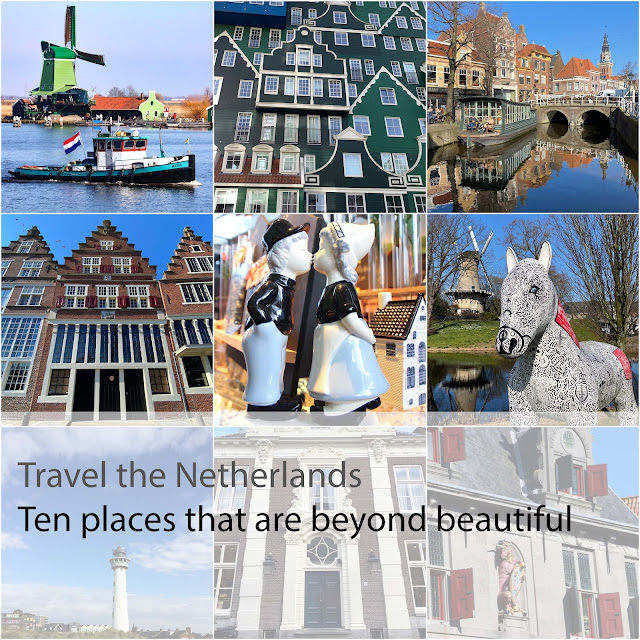



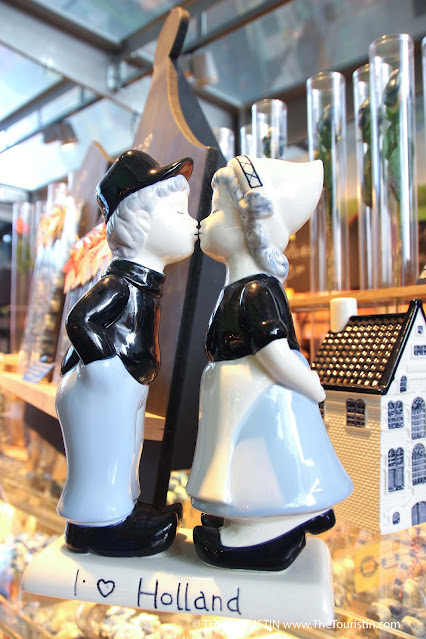
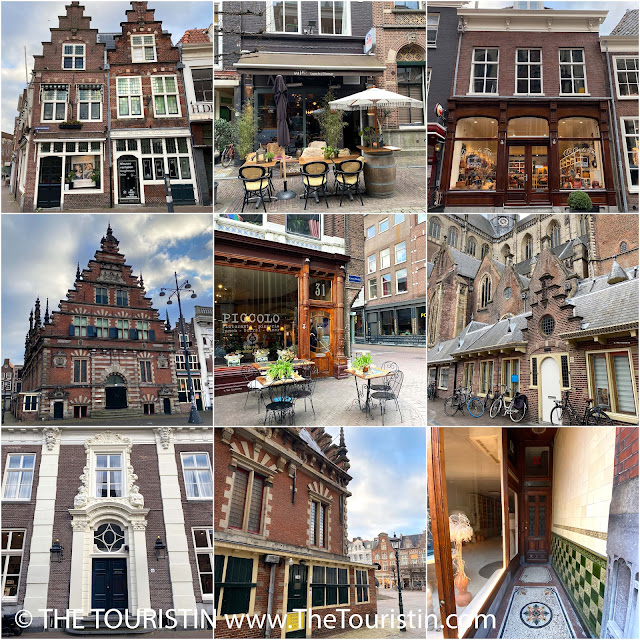

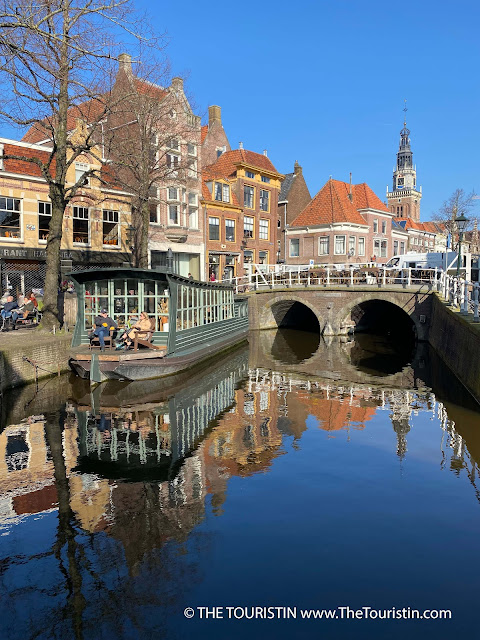

.jpg)
.jpg)
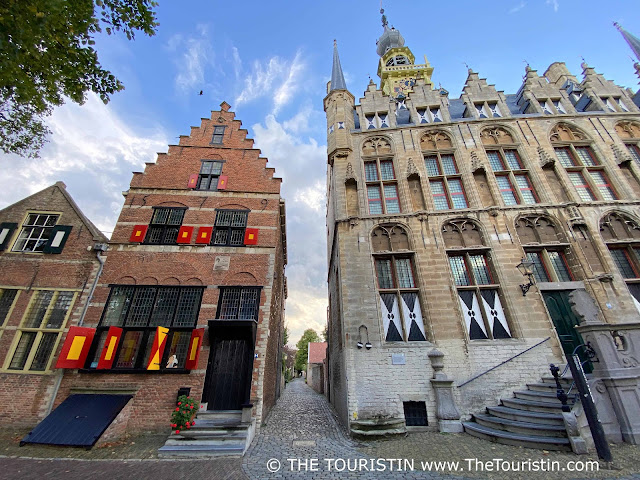
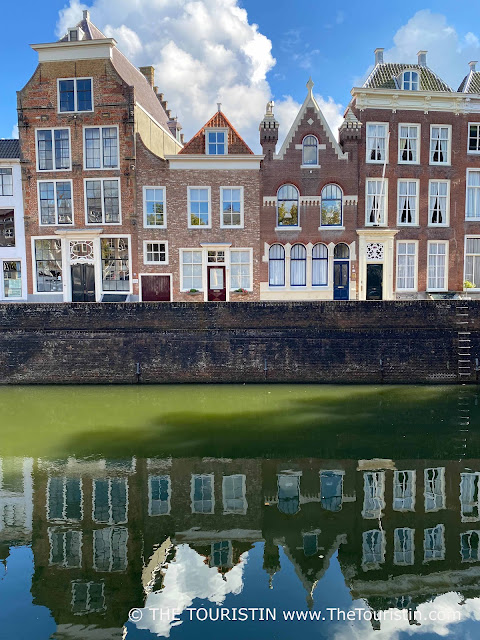




.jpg)
